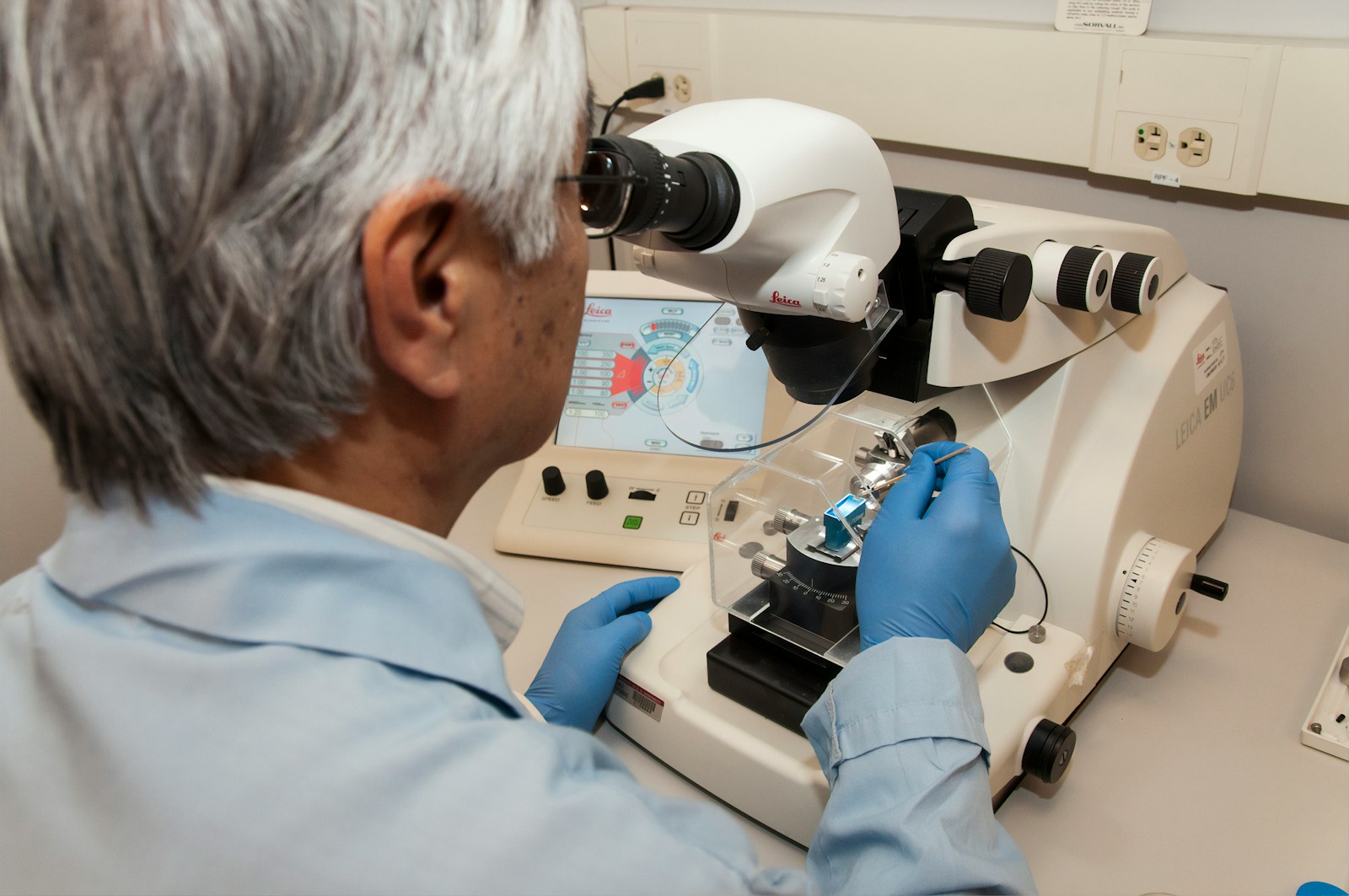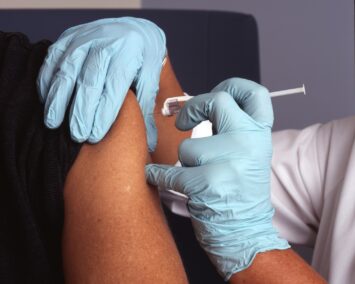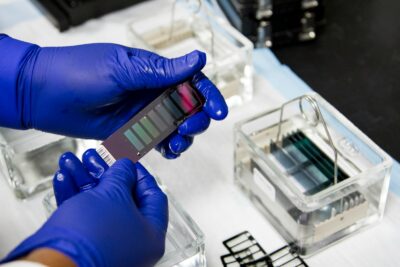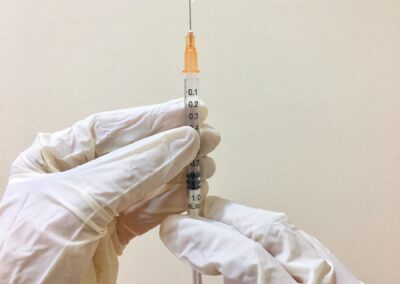Harnessing Biotechnology for Vaccine Development
Transforming Public Health with Biotechnology
The role of biotechnology to improve public health is increasingly significant as it drives the development of vaccines and therapies for infectious diseases and other health threats. Biotechnology utilizes biological systems, organisms, or derivatives to develop products and technologies aimed at improving human health. This field has been pivotal in the rapid advancement of vaccine development, particularly highlighted during the COVID-19 pandemic. The ability to swiftly develop, test, and distribute vaccines using biotechnological techniques has showcased its potential to combat global health crises effectively.
In regions like Saudi Arabia and the UAE, where health and technological innovation are high priorities, biotechnology is being leveraged to address public health challenges comprehensively. These nations have invested heavily in research and development, fostering an environment that encourages biotechnological advancements. For instance, the establishment of cutting-edge biotech research centers in Riyadh and Dubai has accelerated the development of vaccines for diseases such as influenza, Zika, and even emerging threats like COVID-19. By harnessing biotechnology, these countries are enhancing their public health infrastructure and preparedness.
Moreover, the integration of artificial intelligence (AI) and biotechnology has further revolutionized vaccine development. AI algorithms can analyze vast datasets to identify potential vaccine candidates, optimize production processes, and predict vaccine efficacy. This synergy between biotechnology and AI not only expedites the development cycle but also ensures higher precision and effectiveness in combating infectious diseases. The strategic application of these technologies underscores the importance of biotechnological innovation in safeguarding public health.
Biotechnological Therapies for Infectious Diseases
Beyond vaccine development, biotechnology plays a crucial role in creating advanced therapies for infectious diseases. The advent of biopharmaceuticals, which are medical drugs produced using biotechnology, has transformed the treatment landscape for various infections. These therapies include monoclonal antibodies, antiviral drugs, and immune modulators, which offer targeted and effective treatment options. Biotechnology enables the production of these complex molecules, which traditional pharmaceutical methods often cannot achieve.
In Saudi Arabia and the UAE, biotechnological therapies are being actively developed and integrated into healthcare systems. These countries are focusing on personalized medicine, where treatments are tailored to individual patients based on their genetic makeup and specific health needs. For example, biotechnological advancements have led to the development of personalized therapies for diseases like hepatitis and HIV, significantly improving patient outcomes. The emphasis on biotechnology reflects a broader commitment to enhancing healthcare quality and accessibility.
Furthermore, the application of blockchain technology in biotechnology ensures the integrity and traceability of biopharmaceutical products. Blockchain provides a secure and transparent ledger that tracks the production, distribution, and administration of biotechnological therapies. This enhances supply chain security, reduces the risk of counterfeit drugs, and ensures that patients receive authentic and effective treatments. The combination of biotechnology and blockchain represents a forward-thinking approach to addressing infectious diseases and other health threats.
Driving Innovation in Healthcare with Biotechnology
The strategic implications of leveraging biotechnology to improve public health extend to both healthcare and business sectors. For healthcare providers, the adoption of biotechnological innovations translates into improved patient care and outcomes. By incorporating advanced vaccines and therapies into treatment protocols, healthcare systems can more effectively manage infectious diseases and respond to emerging health threats. This enhances the overall resilience and adaptability of healthcare infrastructure.
In the business domain, biotechnology offers substantial growth opportunities. Companies involved in biopharmaceuticals, vaccine production, and medical research can capitalize on the increasing demand for innovative healthcare solutions. By investing in biotechnological research and development, businesses can drive product innovation, expand market reach, and establish leadership in the biotech industry. The strategic use of biotechnology not only enhances public health but also contributes to economic growth and competitiveness.
Additionally, effective leadership and management skills are essential for navigating the complexities of biotechnology integration. Executives and managers must foster a culture of innovation, collaboration, and ethical practices to ensure the successful implementation of biotechnological advancements. This includes engaging in continuous learning, staying abreast of technological trends, and fostering partnerships with research institutions and healthcare organizations.
#Biotechnology, #PublicHealth, #VaccineDevelopment, #InfectiousDiseaseTherapies, #HealthcareInnovation, #Biopharmaceuticals, #MedicalAdvancements, #GlobalHealth































